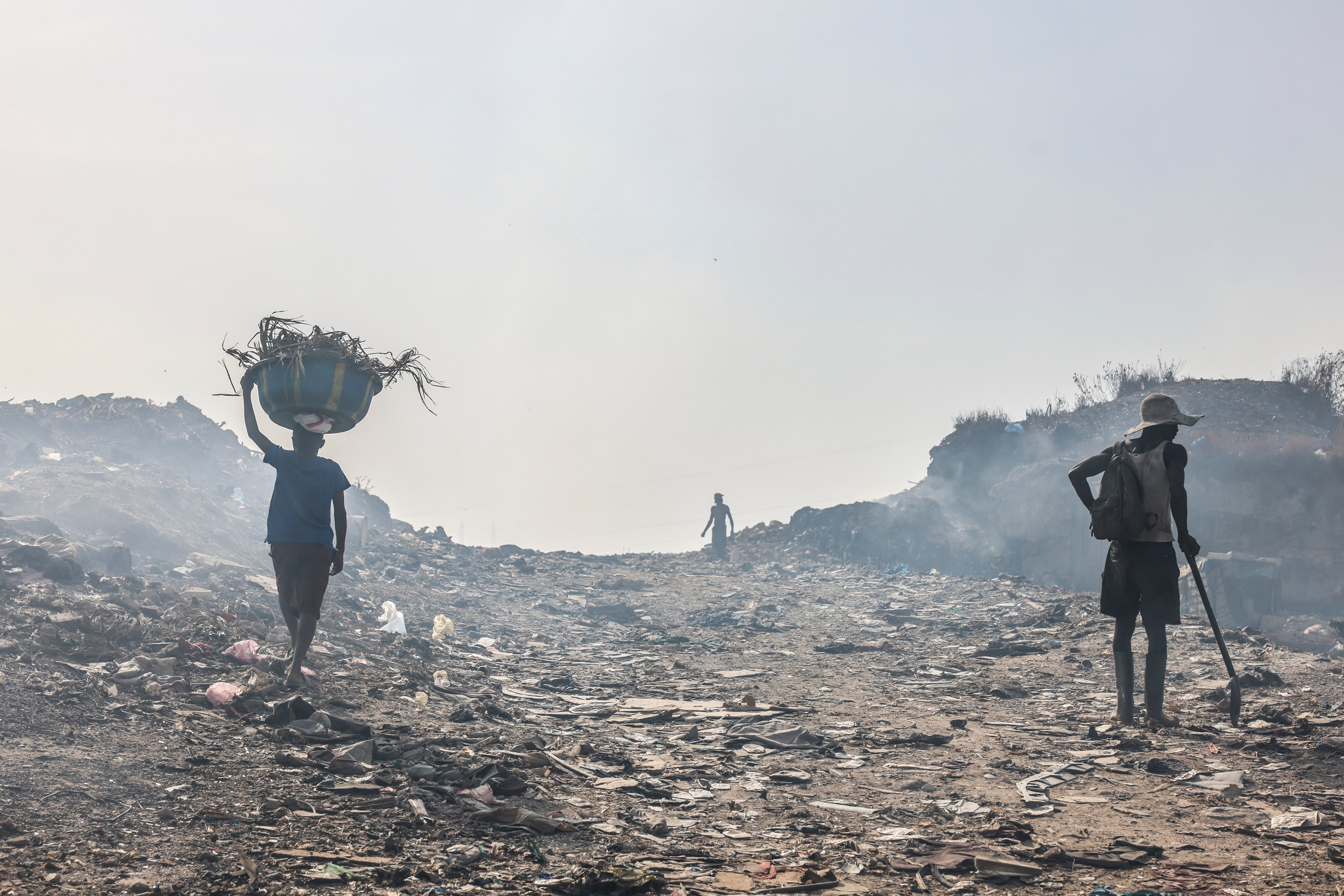ARTICLE AD BOX
Democratic countries are often viewed as climate leaders but new research suggests their greener records may come from shifting pollution overseas rather than cutting it outright.
Democracies tend to outsource the environmental damage of their consumption to other nations more than autocratic states do, a study published in PLOS Climate on Wednesday found.
This “pollution offshoring” allows them to lower greenhouse gas emissions within their borders while the global environmental burden remains.
“We provide one of the first systematic studies on how much ‘pollution offshoring’ is associated with domestic (territorial) emission levels in democracies,” said the authors.
“The main result is that pollution offshoring is linked significantly and substantively with lower greenhouse gas emissions ‘at home’ in democracies”.
The study analysed 161 countries from 1990 to 2015, using greenhouse gas data, trade records and democracy scores to explore how environmental impacts are redistributed through global trade. The findings show that democratic nations not only outsource more pollution than others, but that this is strongly linked to lower per capita emissions domestically.

On average, greenhouse gas emissions were over one metric ton per person lower in democracies that offshore more pollution, compared to their less democratic counterparts.
Pollution offshoring refers to when countries stop producing polluting goods themselves and instead import them, shifting the environmental damage to producing countries. This is common in global trade, particularly between wealthier democracies and lower-income nations with weaker environmental regulations.
The researchers cited earlier UN reports that documented how countries such as Japan and Germany reduced their emissions at home while increasing the emissions they were effectively responsible for abroad, mainly through imports from countries like China.
While previous studies suggested democracies perform better on environmental metrics due to greater public accountability and stronger regulations, this new analysis raises questions about what those metrics really capture. Cleaner domestic air and reduced local emissions may reflect better public demand and policy. but also a global redistribution of pollution through trade.
“This calls into question the moral high ground of democracies versus autocracies in terms of environmental protection,” the authors said in their press release.
The findings arrive amid growing debates about environmental justice and responsibility, particularly as richer democracies negotiate international climate agreements like the Global Plastics Treaty and COP29. These forums often emphasise national targets, while overlooking the global impacts of consumption.
The paper contributes to a growing body of research challenging territorial-based climate accounting, which can understate the true environmental cost of wealthy nations’ lifestyles.
The authors argue that high-income democracies in particular should reorient their environmental policies to account not just for emissions within their borders, but for the full impact of their consumption abroad.









 English (US) ·
English (US) ·